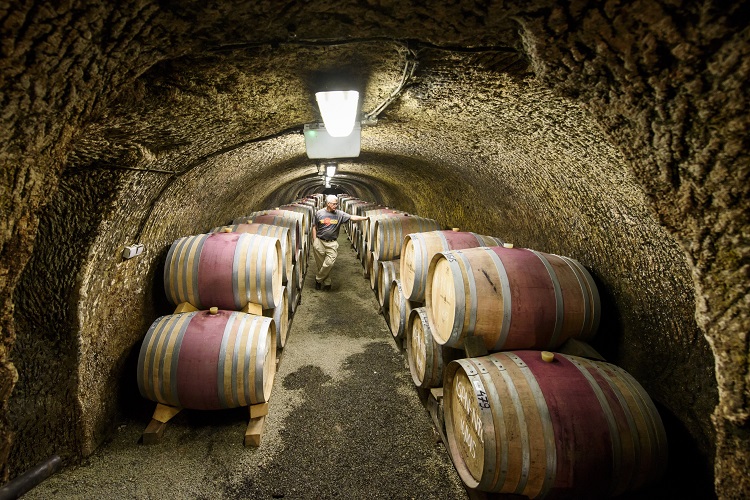
Aspects such as wine consumption and production, the number of vineyards and wine tours, and the average price of a bottle of wine were taken into account.Continue reading

The Hungarian economic portal Világgazdaság has published this year’s TOP 100 Hungarian wines, which has a dual purpose: to give a guide to Hungarian wine lovers and to serve as a mirror for wine producers.
The jury tasted the most popular wines in four retail chains covering the Hungarian wine market and then drew up the list. The wines were assessed by international wine academics and sommeliers in daily contact with consumers. The TOP 100 list is also a great help for consumers, as the wines on it can be bought by anyone at retail.

Egri Bikavér is one of the best known wine varieties in Hungary, which has also become a Hungaricum.
Photo: MTI/Komka Péter
The publication also discussed how Hungarian wines could be better recognized on the international market. Pál Rókusfalvy, government commissioner for national wine marketing, said that the Grünveltelini variety was being produced simply to “show it to the Austrians” (Grünveltelini is probably of Austrian origin). Moreover, a better international profile for Hungarian wines could also help if market players spoke the language of the wine business.
In the context of wine production, climate change was also discussed, which unfortunately will not spare the domestic market and production. According to Krisztián Gyukli, a winemaker from Lake Balaton, the first loser of climate change will be Irsai Olivér, a Hungarian white wine variety. He added that based on his experience so far, he is constantly converting his family winery to resistant varieties.
In Hungary, wine production dates back thousands of years, and the first archaeological evidence of grapes and wine in the country dates back to the first century BC, to the Celts.
The Hungarian wine-growing regions situated in the Carpathian Basin are extremely varied and unique, and are therefore worthy of competing with the world’s best-known wine-growing regions.

Vineyard in Hungary Photo: Facebook
Perhaps the best known Hungarian variety in the world is the sweet Tokaji, but dry white wines are also increasingly available to foreign consumers. In 2019, Hungary was the sixth largest wine producer in the European Union.
Featured photo: MTI/Komka Péter